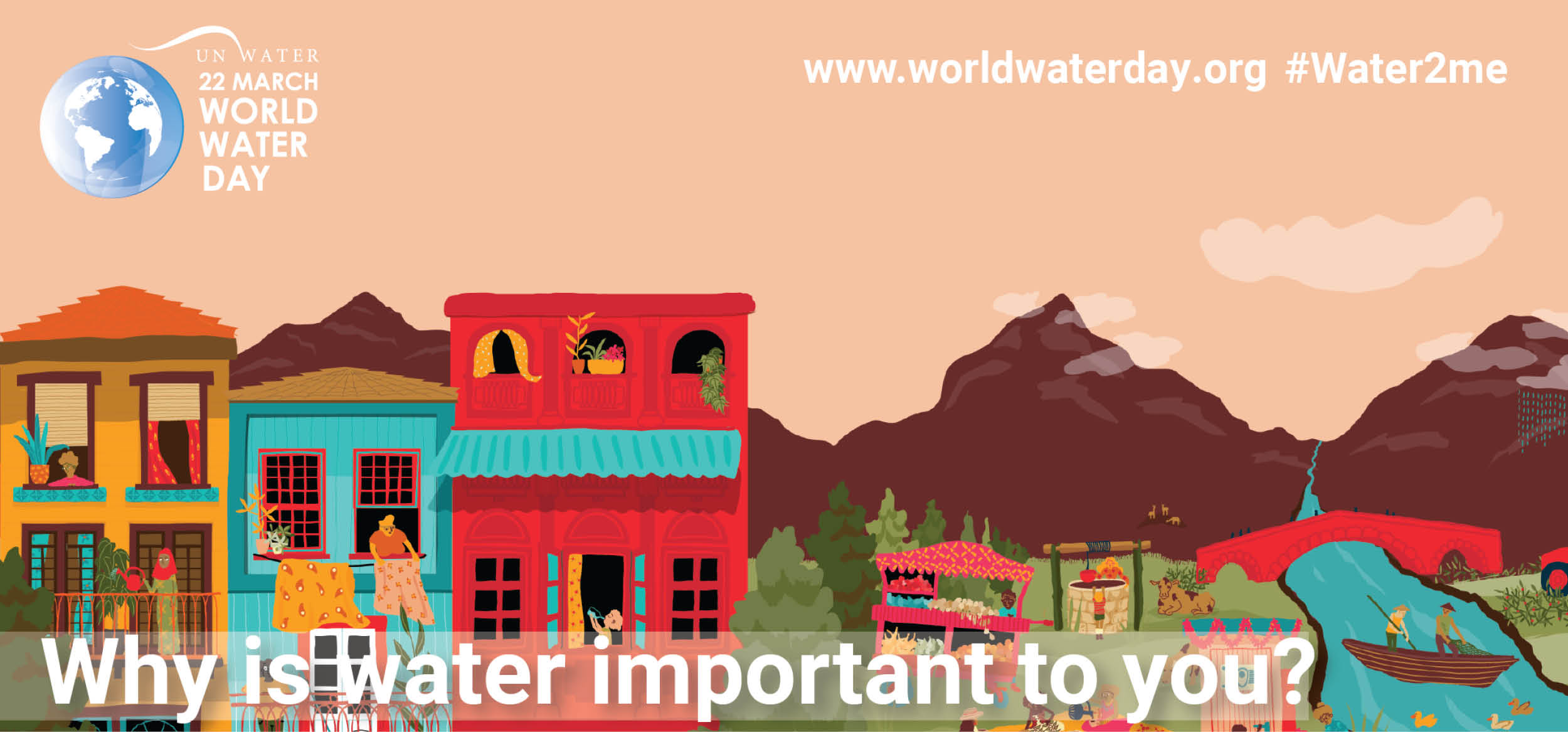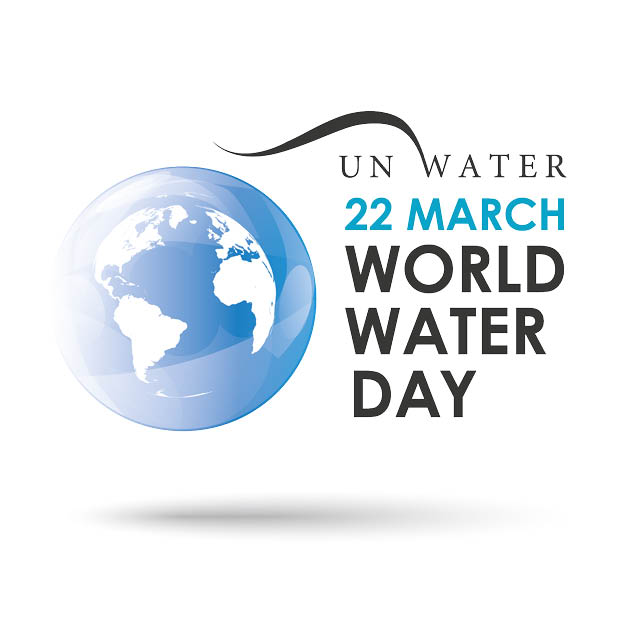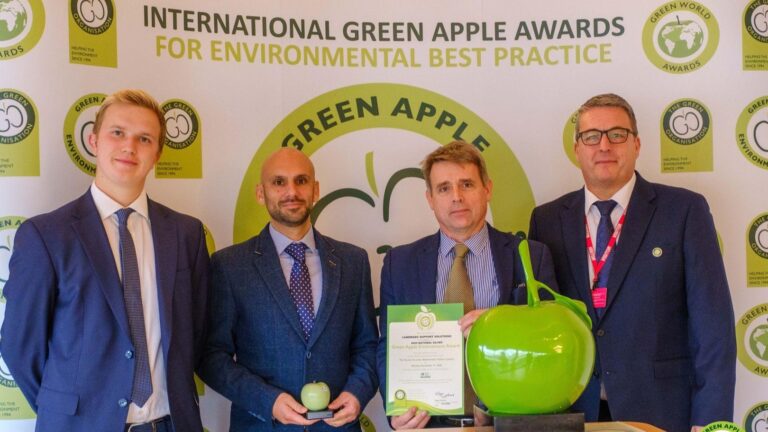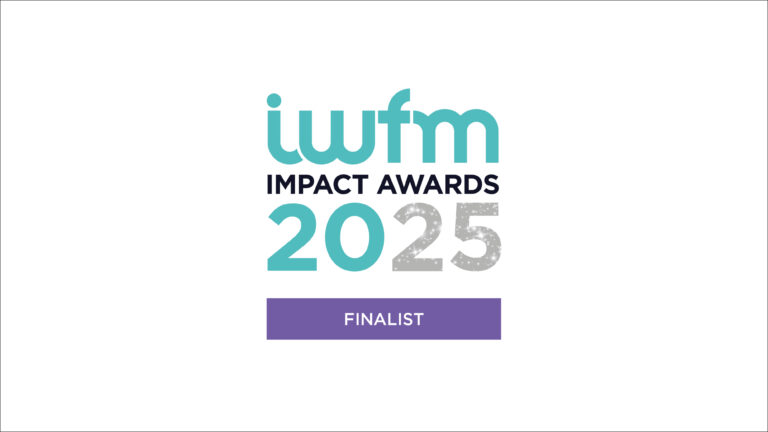World Water Day is an annual UN celebration of the importance of freshwater which happens on 22 March each year and raises awareness of the 2.2 billion people living without access to safe water. It is about taking action to tackle the global water crisis. A core focus of World Water Day is to support the achievement of Sustainable Development Goal (SDG) 6: water and sanitation for all by 2030. Sustainability Advisor, Sebastian Blake, explains how Landmarc values the water on the Defence Training Estate.

“The theme of this year’s World Water Day is valuing water. At Landmarc we value the importance of water on the Defence Training Estate by playing a key role in the protection of the water courses and wetland areas located across the estate. Alongside the Defence Infrastructure Organisation (DIO), we are committed to supporting the Government target to bring all greenhouse gas emissions to net zero by 2050 by helping to offset any remaining carbon on the Training Estate with natural capital, through peat bog restoration or tree planting initiatives, for example.
Valuing the importance of water for wildlife
“The Training Estate has many lakes, streams and rivers as well as hosting tributaries of many of the rivers which supply so much of the UK’s fresh water needs and supports a vast variety of species including fish, birds and mammals.
“The Salisbury or Hampshire Avon, the catchment of which includes much of the Salisbury Plain Training Area (SPTA) in the South West, is thought to have more fish species than any other in the UK. It is biologically diverse because the rainfall catchment area includes a large region of calcareous grassland and is fed from springs in the underlying chalk. It is very productive and classed as a Site of Special Scientific Interest (SSSI) and Special Area of Conservation (SAC) because it provides many different habitats for a wide range of species including six species of water crowfoot, which is a plant in the buttercup family, Desmoulins whorl snail, bullhead, salmon and two species of lamprey, which are a living fossil.
Reducing the impact of training activities on water courses
“Landmarc works closely with the Defence Infrastructure Organisation (DIO) and Tenant Farmers to reduce any impact on rivers from training activities. Physically the rivers are protected by “Bridging Points” e.g. bridges which stop military vehicles from needing to enter water courses. Vehicle wash-downs have been created to ensure mud and pollutants on vehicles are removed in a controlled environment to prevent contamination of water courses.
“The protection of rivers provided by the military is more general. The Training Estate largely consists of low intensity farmland. The land has low or no fertiliser usage preventing nutrient pollution which is damaging rivers across the country. Tenant farmers receive financial support through agri-environment schemes to maintain the low impact farming methods and protect water courses. This is important in providing clean water for large river catchments.
“The Salisbury Plain Training Area alone provides low impact farming area the size of the Isle of Wight, while Dartmoor is the source for 13 rivers in the region. Without the military presence on the Training Estate it is likely more intensive farming would have occurred reducing river quality nationwide.
“Landmarc and DIO work to reduce pollution, particularly of silt. For example at Bovington sand traps have been created to prevent sand and silt from reaching the nearby River Frome. The silt would cause turbidity e.g. cloudy water which kills plant life.
Valuing the importance of wetlands
“Wetlands are immensely important as they absorb and hold back water when it rains lessening the likelihood of flash flooding events which have become more prevalent in recent years. By holding this water back for weeks rather than minutes, streams and rivers are less likely to become overwhelmed and burst their banks.
“Wetlands can also be pivotal in the fight against climate change itself. Peat bogs trap dead plant material and lock up the embodied carbon from the atmosphere for centuries – storing twice as much carbon as forests. Saltmarshes, mangroves and seagrass beds also hold vast amounts of carbon.
“The Training Estate is currently being assessed by Cranfield University to establish whether in its existing state it is an emitter or an absorber of carbon, and the potential it may have to absorb more carbon in the future.
“Much of the estate is managed by tenant farmers so these will be key stakeholders to achieve net zero carbon. Post Brexit, farm subsidies for environmental enhancements have been replaced by the Environmental Land Management (ELM) scheme which proposes to pay public money for a range of public goods such as clean water and clean air.
“Under current plans, the ELM scheme aims to deliver outcomes which fall under six categories of public goods as identified in the Government 25 Year Environmental Plan: clean air, clean and plentiful water, thriving plants and wildlife, reducing risk from environmental hazards, mitigating and adapting to climate change, and enhanced beauty, heritage and engagement with the natural environment. Actions to conserve and restore wetlands and soil health will be central to delivering on these goals.”
You can join the global conversation of what makes water important to you on the World Water Day webpages.




